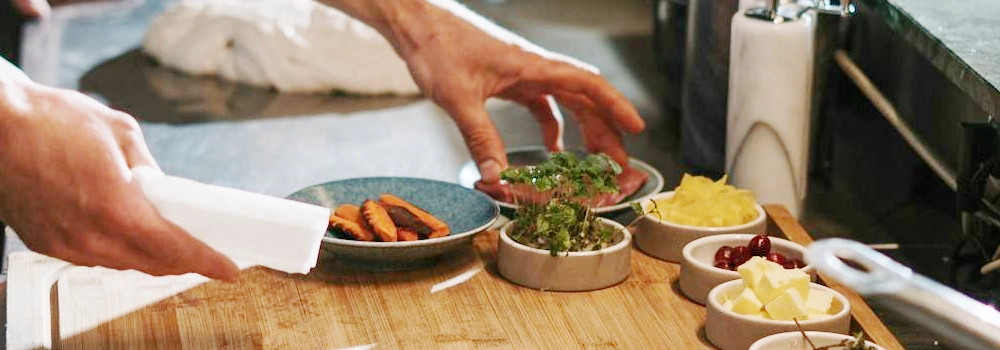
By Joan LangAs little as ten years ago, a review was something published in a newspaper or magazine (or possibly part of a TV segment), and while it could cause controversy or consternation, there wasn’t all that much you could do about it except try to learn a lesson from the comments and make improvements where warranted.All that’s changed with the internet, particularly with sites like yelp, citysearch and opentable, which can have more impact on your reputation—and show up more on searches—than your own website.If you don’t believe it, try searching for yourself on google, and you may find that your site isn’t the first thing that comes up, or it may not be as noticeable on the results page as that yelp listing with its red ratings stars or Yahoo! Local with its maps. And that makes these sites inordinately influential.Let’s take yelp, perhaps the best known of the user-review sites, as an example. Like Zagat Survey before it, yelp generally has been a good thing for consumers because it empowers them as “reviewers” and gives them access to dozens if not hundreds of opinions as researchers planning an evening out.On top of this, almost everyone has a secret fantasy to be a reviewer, and some “yelpers” take this role pretty seriously. Yelp knows enough to fan the flames with programs like its Elite Squad, which recognizes big-time posters with all kinds of perqs. Being opinionated or demonstrating a certain amount of attitude is often rewarded. And that means they may not always be kind.The prudent operator must manage this. We all know of instances where a disgruntled yelper has tried and sometimes succeeded in making trouble for a restaurant they had a bone to pick with. In just one of the latest instances where the restaurateur went on the defensive in a response and the clash went viral, most of the public opinion came down in favor of the owner, but it can easily go the other way.The great thing about online reviews, including comments on Facebook and Twitter, is that you can get a lot of feedback from them—information you can use to gauge what people think of you, keep doing what they like, and make improvements to what they don’t. You can also engage with customers more directly and share your side of the story if you’re so inclined, make an apology, or offer some kind of incentive to try your restaurant again. If you do it right, this all gets played out in the very public online arena. Just try doing that with a local newspaper review.
.png)





.png)





